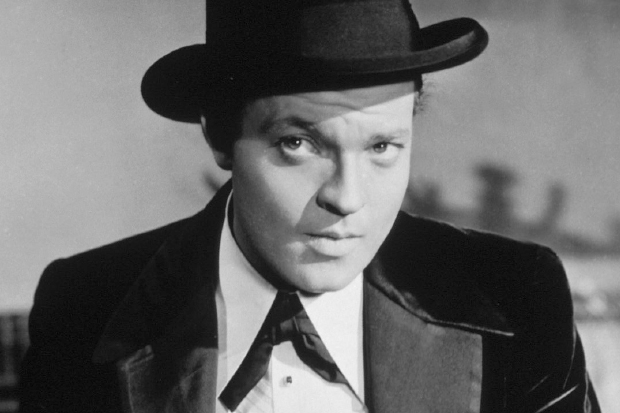One day in May 1948 in the Frascati hills southeast of Rome, Orson Welles took his new secretary, Rita Ribolla, to lunch. After eating enough food for ‘a dozen hungry people’ and sinking ‘one glass of wine after another’, all the while enchanting his guest with gossip and conjuring tricks, Welles downed his coffee and said it was time to go. Ribolla smiled and waited for him to get the bill. And waited. Eventually she asked for it herself. When it arrived Welles passed it over, saying, ‘Leave a large tip for these nice waiters.’ ‘But Mr Welles, I can’t afford meals like this.’ Welles turned sulphurous: ‘How dare you go out with me with not enough money?’, he said as he stormed out. ‘It’s OK lady,’ a waiter comforted the weeping Ribolla. The owner ‘knows the signore well’. Men like him are ‘too involved with creating to be bothered by such minor matters as paying’.

Get Britain's best politics newsletters
Register to get The Spectator's insight and opinion straight to your inbox. You can then read two free articles each week.
Already a subscriber? Log in






Comments
Join the debate for just $5 for 3 months
Be part of the conversation with other Spectator readers by getting your first three months for $5.
UNLOCK ACCESS Just $5 for 3 monthsAlready a subscriber? Log in